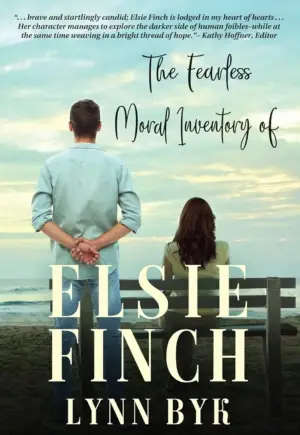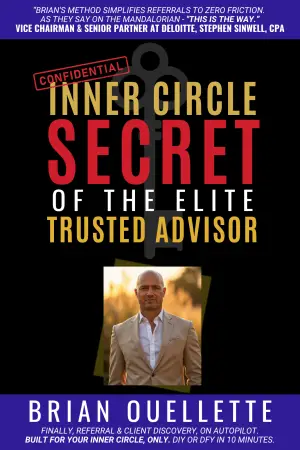A Journey Through "The House in the Cerulean Sea"
When I first stumbled upon The House in the Cerulean Sea by TJ Klune, I was drawn in by the whimsical cover and the promise of an enchanting tale. A quirky fantasy with an intriguing premise about magical children and the search for belonging seemed like a delightful escape. However, what started as a pleasurable journey morphed into a complex exploration of serious themes that left me reflecting long after I turned the last page.
At its heart, the novel follows Linus Baker, a caseworker for the Department in Charge of Magical Youth (DICOMY). Linus is tasked with assessing orphanages housing magical children to ensure their safety and proper placement. The narrative takes a turn when he is sent to an orphanage run by the enigmatic Arthur Parnassus, where he encounters a cast of extraordinary children, each embodying their own magical uniqueness. From a gnome who loves gardening to a wyvern who craves affection, these characters tugged at my heartstrings and brought warmth to the story.
Throughout the novel, Klune’s writing is imbued with both humor and emotion, creating a vivid world where the charm of the fantastical meets the harsh realities of prejudice and fear. However, as I delved deeper, I found myself increasingly troubled by the underlying themes, particularly in the way the story drew parallels to the real-life Sixties Scoop—a painful chapter in Canadian history where Indigenous children were taken from their families. In a podcast, Klune shared that this unsettling history sparked the inspiration for his story, ultimately translating these real-world issues into a fantastical narrative. While the intention to shed light on themes of acceptance and the celebration of differences is evident, I couldn’t help but feel that the execution fell short.
The pacing often felt uneven, with substantial world-building left unresolved. Questions loomed over the actual fates of magical adults and the systemic implications of a society that views differences with suspicion. Linus, despite his role, appeared oblivious to the deeper repercussions of his work, illustrating a lack of awareness that parallels problematic narratives in our world today. The ideal of finding a new family resonated, yet it led to difficult questions about whether it is enough—can a new home genuinely replace one’s roots?
The enchanting, lyrical prose had its high points, filled with whimsical dialogues and heartfelt moments. Yet, at times it felt as if the weight of the serious themes was not adequately represented, leading to a sense of superficiality. One line that caught my attention was, “You are not a problem to be solved," a powerful reminder that the essence of a person cannot be reduced to their identity.
In conclusion, The House in the Cerulean Sea has a richness that shines through its complexities. While it can captivate with its charm and explore the beauty of found family, the portrayal of socio-political themes felt less nuanced, which can be troubling for readers seeking depth. I think the book might resonate more with those who prioritize whimsy over a critical examination of the narrative’s implications. For others, particularly those intrigued by the historical context or the real-life tales it draws from, I recommend seeking out other works that engage with these themes more thoughtfully.
Ultimately, this reading experience left me with mixed feelings—a blend of enjoyment and reflection. It pushed me to contemplate how literature can engage with sensitive realities while also reminding me of the importance of authenticity in storytelling. If nothing else, it has sparked a conversation that I’m eager to continue exploring.
Discover more about The House in the Cerulean Sea (Cerulean Chronicles, #1) on GoodReads >>






